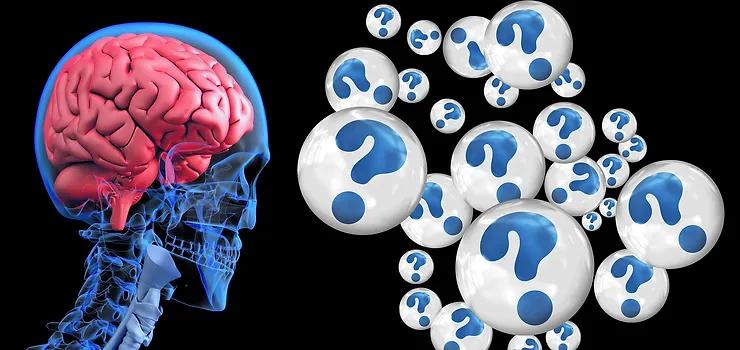Breadcrumb
Concussion Resources
Frequently Asked Questions
Want to know some signs/symptoms of a concussion? What activities could make an existing concussion worse? Is it possible to prevent concussions?

A type of traumatic brain injury caused by a bump, blow, or jolt to the head or body that causes the brain to move abruptly inside of the skull, this can impair normal brain (physical, emotional and mental) function. A concussion may be described as a "mild" brain injury because concussions are usually not life threatening; however, mismanaged brain injuries can lead to permanent damage or even death.

Symptoms may take minutes, hours, or even days to appear. Concussions are highly individualized injuries and your experiences and recovery may be very different from someone else's. The above "post concussive" symptoms can be part of the normal healing process and are not signs of permanent damage.

Symptoms experienced by an individual may include any degree of the following:
- Headache
- Confusion
- Drowsiness
- Irritability
- More emotional
- Foggy or groggy
- Difficulty remembering
- 'Pressure in head"
- Nausea or vomiting
- Fatigue / low energy
- Difficulty concentrating
- Sensitivity to light or noise
- Neck pain
- Sadness
- "Don't feel right"
- Changes in sleep patterns
- Nervousness or anxiety
- Dizziness or off balance
Nothing can prevent a concussion altogether and most people experience at least one concussion in their lifetime. If you sustain a concussion, the most effective way to reduce symptoms and recovery time is to REST. A concussion can affect your ability to preform every day activities at home, in the classroom, at work, and in a sport. Pushing through symptoms will only prolong your recovery, at best.
DO
- Get plenty of rest and sleep
- Drink lots of fluids (no alcohol)
- Eat healthy snacks, your brain needs energy!
- Take Acetaminophen (Tylenol) for pain if needed
- Stay at home and limit activity if on pain medication
- Remember: pain medication only hides symptoms, it does not treat the injury
- Follow Return to Learn and Return to Play guidelines
DON'T
- Go to hot tubs, saunas, or steam rooms
- Drink caffeine, this can exacerbate headaches
- Use any substance not prescribed; alcohol or tobacco
- Push yourself: Daily activities (exercise, homework, etc) can be strenuous with a concussion and excessive activity may extend recovery time
Links
California Interscholastic Federation (CIF)
Protocol based on consensus best practices and CA state law for youth 18 and under. Website contains useful resources related to concussion information and return to activity at any age.
Center for Disease Control: Heads Up Initiative
An abundance of resources on how to recognize, respond to, and minimize risk associated with concussions.
Accommodations & Adjustments Guide for College Students
Concussion Guide for College Educators
Brain Injury Association: Return to Learn for College and University Students (handbook)
Establishing Consensus for Essential Elements in Returning to Learn Following a Concussion
NCAA Concussion Educational Resources
University of Michigan Concussion Education
Barrow Brain Ball App
Parent website for the first video game that educates young children about concussion. The game offers special features that teach kids how to play smart and safely avoid collisions on the football field. The free app is designed for children between the ages of 8 and 12 and is available for download on Google Play and Apple’s App Store.





